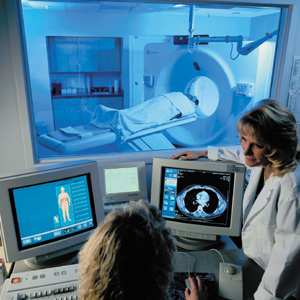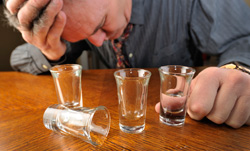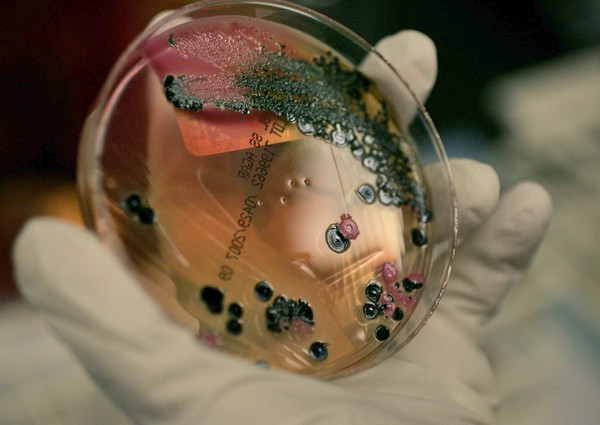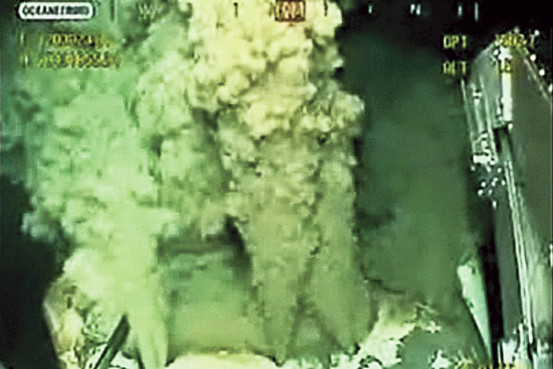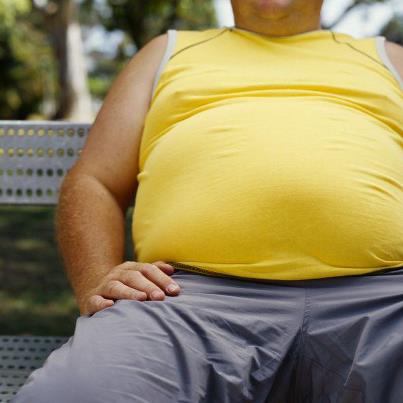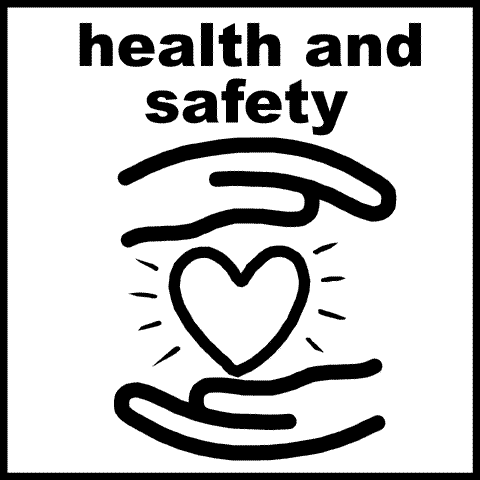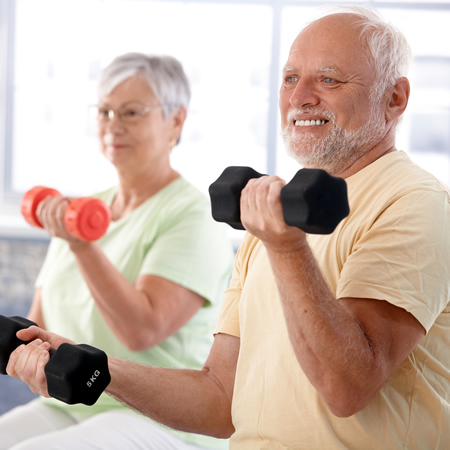 Two men who worked for BP during the 2010 Gulf oil spill disaster have been charged with manslaughter and a third with lying to federal investigators, according to indictments made public Thursday, hours after BP announced it was paying $4.5 billion in a settlement with the U.S. government over the disaster. A federal indictment unsealed in New Orleans claims BP well site leaders Robert Kaluza and Donald Vidrine acted negligently in their supervision of key safety tests performed on the Deepwater Horizon drilling rig before the explosion killed 11 workers in April 2010. The indictment says Kaluza and Vidrine failed to phone engineers onshore to alert them of problems in the drilling operation.
Two men who worked for BP during the 2010 Gulf oil spill disaster have been charged with manslaughter and a third with lying to federal investigators, according to indictments made public Thursday, hours after BP announced it was paying $4.5 billion in a settlement with the U.S. government over the disaster. A federal indictment unsealed in New Orleans claims BP well site leaders Robert Kaluza and Donald Vidrine acted negligently in their supervision of key safety tests performed on the Deepwater Horizon drilling rig before the explosion killed 11 workers in April 2010. The indictment says Kaluza and Vidrine failed to phone engineers onshore to alert them of problems in the drilling operation.
via Robert Kaluza, Donald Vidrine: BP workers indicted on manslaughter counts in Deepwater Horizon spill.

